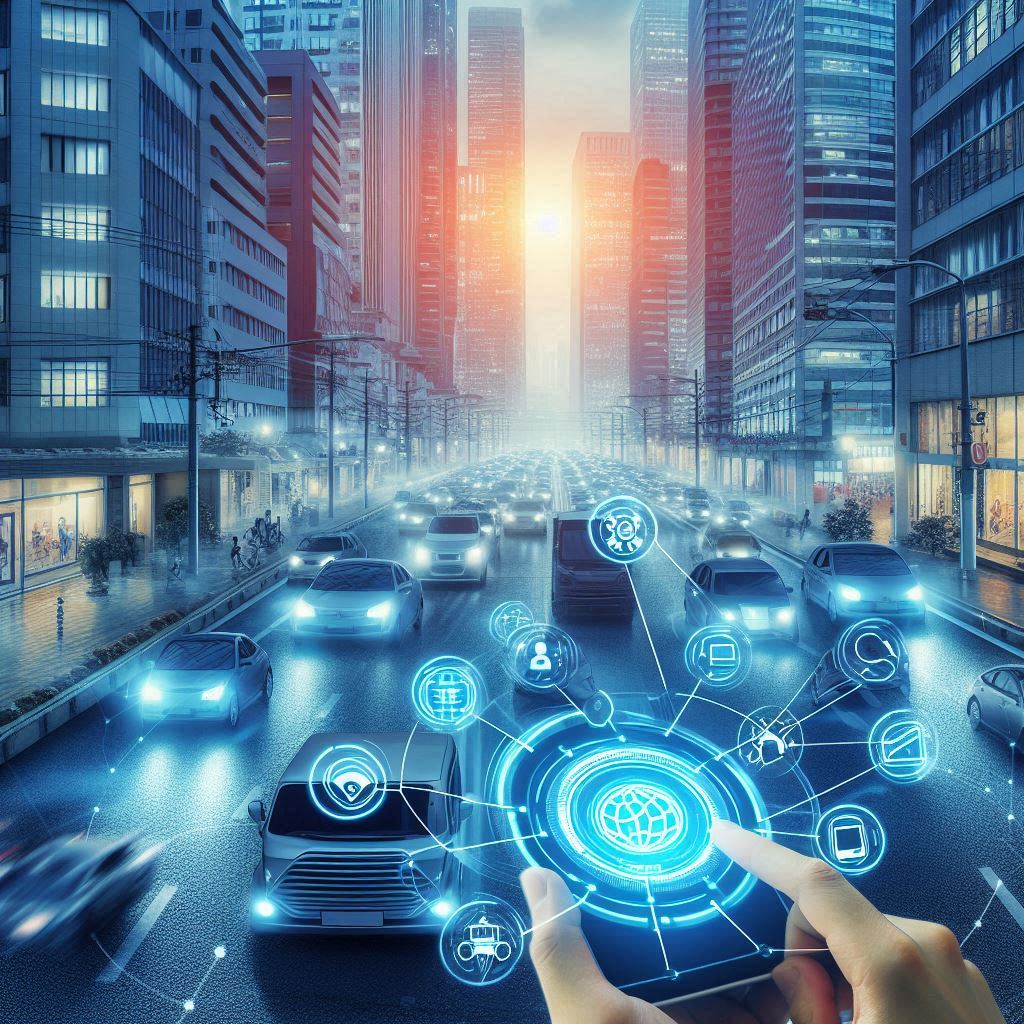The future of blockchain for connected vehicles
The future of driving is changing fast which reflects from use of blockchain for connected vehicles or autonomous vehicles. Imagine a world where cars not only drive themselves but also talk to each other and the city around them. This is becoming possible thanks to blockchain technology. This article specifically focuses on how blockchain enhances connected vehicles in smart cities.
The role of Blockchain for connected vehicles
Connected vehicles are cars that use the Internet of Things (IoT) to collect and share data. They help improve traffic flow, reduce accidents, and make driving safer. However, there’s a catch. Current technology has limitations. The data collected is often centralized, making it vulnerable to attacks and delays. Here’s where blockchain comes in.
Blockchain is a decentralized system that stores data across multiple points. This means that information is shared quickly and securely. For connected vehicles, this is a game-changer.
Enhancing vehicle communication
In a smart city, cars need to communicate with each other and with traffic lights, road sensors, and other infrastructure. This communication must be fast and accurate. Blockchain makes this possible by ensuring that all data is instantly available to every vehicle in the network. This reduces the chances of errors and accidents.
Smart contracts for automated services
Blockchain also enables smart contracts. These are self-executing contracts with the terms of the agreement directly written into code. For drivers, this means easier transactions. Imagine a world where your car automatically pays for tolls, parking, or even insurance based on your usage. No more manual payments. Everything happens seamlessly in the background.
Benefits of blockchain-based connected vehicles for smart cities
Smart cities benefit greatly from blockchain-enabled vehicles. Traffic management becomes more efficient, and emergency services can respond faster. With real-time data sharing, city planners can optimize routes, reduce congestion, and lower pollution levels.
Future of connected vehicles
As more automakers and cities adopt blockchain, we will see a transformation in how we travel. Blockchain technology will make driving safer, more efficient, and more enjoyable. It is not just about cars. it is about creating a connected, smart ecosystem that benefits everyone. This article breaks down the complex subject of blockchain for connected vehicles into simple, easy-to-understand points. It aims to engage readers with clear, active language, ensuring high readability and making the topic accessible to a broad audience.
The future of Blockchain for connected vehicles is set to revolutionize urban mobility. With real-time data sharing, vehicles will communicate seamlessly with smart city infrastructure, improving traffic flow and reducing accidents. Advanced entertainment systems will integrate with in-car experiences, offering personalized content, music, and media on the go.
These innovations, powered by IoT and AI, will enhance convenience, safety, and sustainability. As smart cities grow, connected vehicles will play a pivotal role in shaping transportation systems, redefining how we travel, work, and entertain ourselves
Key findings
Blockchain technology is revolutionizing the way connected vehicles operate in smart cities. By providing a decentralized and secure platform, blockchain ensures safe, transparent data sharing between vehicles and infrastructure. This enables efficient traffic management, reducing congestion and emissions.
Additionally, blockchain-powered systems improve vehicle safety by enhancing communication between autonomous cars. With its scalability, blockchain is shaping the future of smart transportation networks, fostering trust and efficiency. As smart cities evolve, blockchain will remain key to unlocking their full potential, driving innovation in the transport sector

1 thought on “How blockchain for connected vehicles is futuristic in smart cities ?”